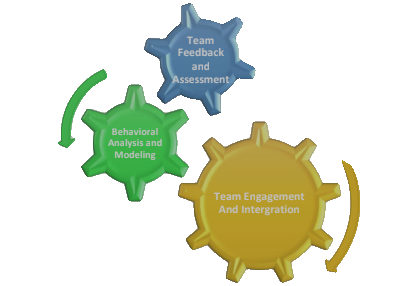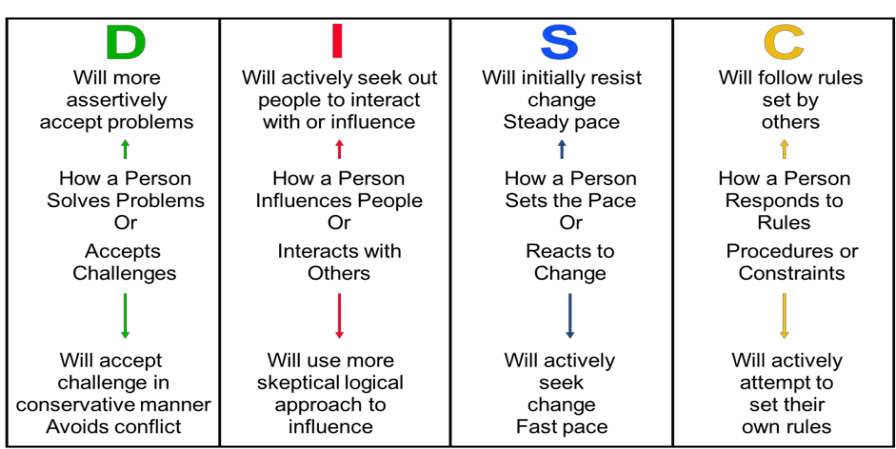Team Building
1. The Need for Team Building
Humans are social animals and from time immemorial, civilization grew as a result of the pooled effort of innumerable people over thousands of years. Examining human collaboration can help organisations and their leadership to gain a better understanding of each other and the group dynamics that are likely to hinder the team’s progress.
The broad objectives of an interactive, results driven Group Session will be;
- Reinforce a culture of teamwork and focused execution that is premised on effective
- Bridging the various individual and group related diversities and gaps that will impede performance and results achievement and building a platform for mutual trust
- An understanding of the core attitudes of each member of the team and how these core values affect the team and the degree of “
- Ensure team cohesion and spirit of attaining a common goal and
- Develop an action plan for getting started as a team
The desired outcome of the Team Building Session is to have a team made up of individuals with an in-depth understanding of their own individual styles and how these styles contribute towards or retard team progress.
2. A Model for Effective Team Engagement
The focus of the process is to align the team towards one vision, mission and articulate the actions that will transform the team from its current reality to the desired future. In executing Team Building we will meet organisational leadership to agree and clarify the objectives of the sessions, the desired and a detailed workplan for the process. Critical project documents will also be reviewed and these include;
- Organisational vision, mission and values
- Strategy and strategic objectives
- Team and individual performance information
To achieve the desired objectives we will employ the employ a Tri – Factor Team Integration Model that will focus on developing a common vision for the team and ultimately integrating the team members towards unified execution and results as shown below;

To assess the teams individual and collective views on the matters affecting the execution process the consultants will use the 360-degree feedback system and in particular two indicative assessments will be conducted which are;
Member Observation Feedback: Each team member will be assessed anonymously by the team as observed during routine execution process and the team will determine how the members engage and contribute towards team success. The observation data will then be formulated into a feedback report based on universal rating scales and used as input into the teambuilding process.
Team Climate Survey: The members will also anonymously fill in a questionnaire based on the prevalent and desired climate that the team must operate in. Data will then be formulated into a feedback report based on universal rating scales and used as input into the teambuilding process. This information is fed back anonymously to leaders during the session.
The behavioural analysis process in the teambuilding exercise will help the team understand the core behaviours and how they interact and facilitate communication. The learning process involves participation and involvement. This in turn, facilitates the changing of mind-sets.

The consultant will work with each team member and help them understand their behaviour. Behaviour is the method of ‘how’ you carry out your action. The report generated clarifies individual work styles and how styles affect job performance. The Consultant will use the DISC process dealing with the following behaviour patterns:
- Dominance – How you respond to problems/challenges
- Influence – How you influence others to your point of view
- Steadiness – How you respond to the pace of the environment
- Compliance – How you respond to rules set by others
Team members will share their core Behaviour profiles and use this tool for ommunication and self-awareness as well as their impact on team members.
This phase will be achieved through a teambuilding session over a 2-day period that will be composed of the following main blocks and activities:
| Stage | Activity | Content |
| 1 | Team Feedback and 360-degree Assessment | The consultants will then conduct assessment and feedback sessions to assess the team and individuals in their own eyes and in the eyes of the other team members. |
| 2 | Behavioural Analysis and Modelling Feedback | Using the DISC Profiling tool listed above, assessments of the core behaviours demanded by the different positions to which the team members need to adapt to. |
| 3 | The Team Building Workshop | The teambuilding session will then be conducted which will constitute the following major building blocks I. Team Current Realties Assessment (CRA) and Future Planning (FP) II.Team Vision Development III. Group Exercises and Team Engagement |
| 4 | Report Writing and Consultant Disengagement | At the end of the process we will provide a detailed report on the process that took place and all the resolutions and recommendations made including the core strategic action items. |
